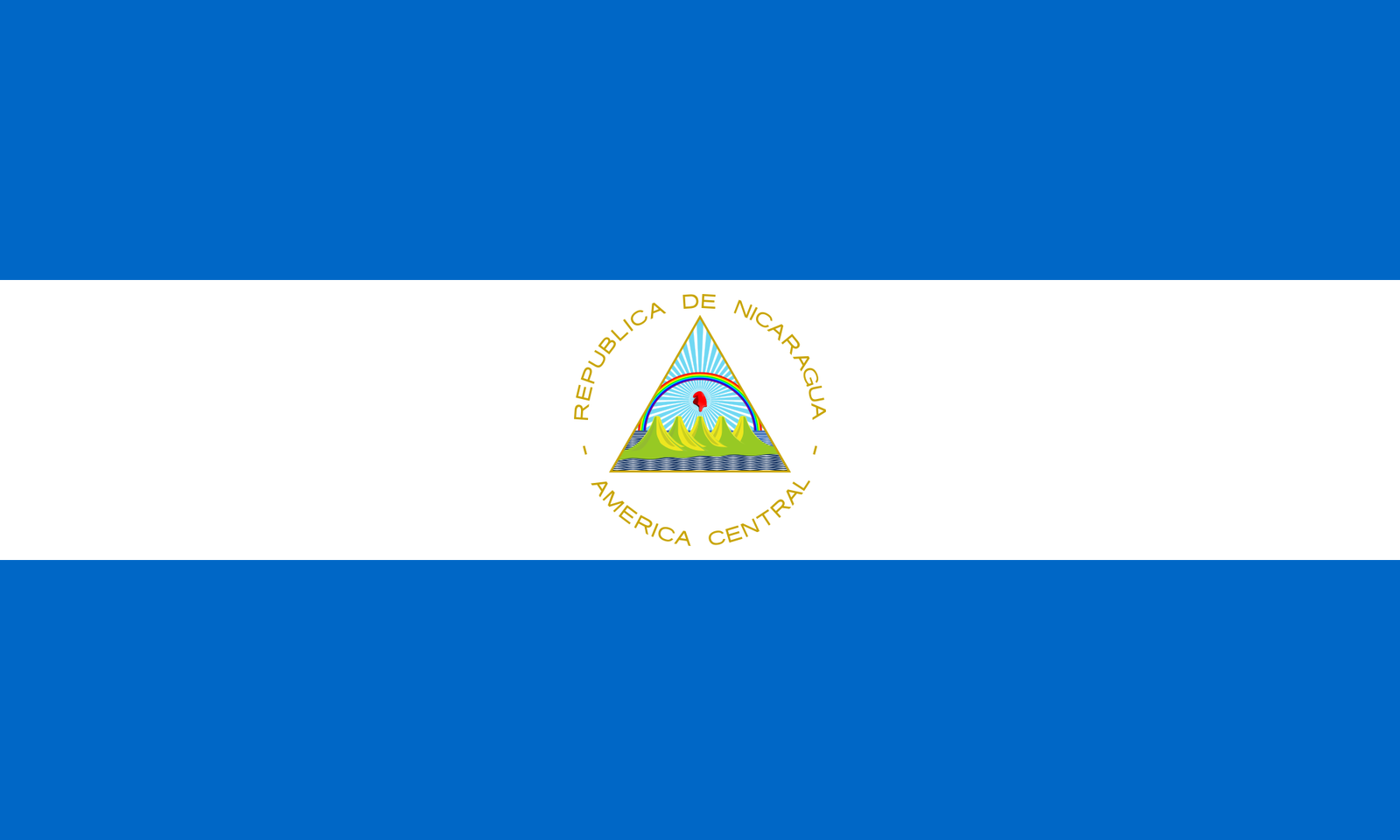Savoring the Rich Tapestry of Coffee from Central America’s Gem
Nicaragua, the largest country in Central America, has quietly been carving a niche for itself in the world of specialty coffee. The country’s coffee profile, characterized by high-quality Arabica beans, reflects the diverse microclimates, volcanic soils, and a commitment to sustainable practices. Nicaragua’s emergence as a coffee origin is marked by unique flavors, elevating its status in the global coffee market.
The key coffee regions in Nicaragua, including Jinotega, Matagalpa, and Nueva Segovia, are situated in the central and northern parts of the country. The varying altitudes, ranging from 800 to 1,600 meters, contribute to the distinctive flavor profiles of Nicaraguan coffee. The country’s commitment to producing Arabica beans, known for their nuanced flavors, is evident in the cup.
Jinotega, the largest coffee-producing region in Nicaragua, is situated in the country’s highlands. The altitude, coupled with the influence of Lake Apanás, creates optimal conditions for Arabica cultivation. Coffees from Jinotega are known for their bright acidity, medium body, and a flavor palette that can include citrusy notes, floral undertones, and a hint of chocolate. The region’s microclimates contribute to the diversity of taste in Jinotega coffees.
Matagalpa, nestled between mountains and rainforests, is another prominent coffee region in Nicaragua. The altitude and fertile soils in Matagalpa result in beans with a bright acidity, medium to full body, and a flavor profile that may include fruity, nutty, and chocolaty notes. The careful cultivation and processing methods employed by farmers in Matagalpa contribute to the consistently high quality of the beans.
Nueva Segovia, located in the northern part of Nicaragua, has gained recognition for producing some of the country’s most exquisite coffees. The region’s high altitudes and favorable climate contribute to beans with a bright and lively acidity, a medium to full body, and a flavor palette that can include floral, fruity, and spicy notes. Nueva Segovia’s coffees often stand out for their complexity and balance.
Nicaragua’s coffee processing methods, often utilizing the washed process, emphasize cleanliness and clarity of flavors. The cherries are carefully pulped, fermented, and washed to remove any residual mucilage before drying. This meticulous processing enhances the acidity and brightness of the beans, contributing to the overall quality of Nicaraguan coffee.
Sustainability is a growing focus in Nicaragua’s coffee industry. Many farmers are adopting environmentally friendly practices, such as shade-grown cultivation and organic farming. Certifications like Rainforest Alliance and Fair Trade are becoming more prevalent, reflecting a commitment to responsible and socially conscious coffee production.
Nicaragua’s coffee has gained recognition in the specialty coffee market, with terms like “Jinotega coffee” and “Nicaraguan single origin” resonating with coffee enthusiasts. The country’s coffees have received accolades in international competitions, establishing Nicaragua as a source of high-quality Arabica beans.
The socio-economic impact of the coffee industry in Nicaragua is significant. Many smallholder farmers are engaged in coffee cultivation, contributing to the economic development of rural areas. The emphasis on sustainability and ethical practices ensures that the benefits of the coffee industry extend to the well-being of local communities and the preservation of Nicaragua’s natural environment.
In conclusion, Nicaragua’s coffee profile is a testament to the country’s dedication to quality, sustainability, and the diverse microclimates that define its coffee regions. As coffee enthusiasts savor beans from Nicaragua, they experience the vibrant and unique flavors that mark this Central American origin. Beyond the delightful taste in the cup, each sip encapsulates the traditions, efforts, and pride of Nicaragua’s coffee producers, solidifying the country’s position in the world of specialty coffee.
Tags: coffee grower, Nicaragua

